 The AHRC is seeking people that are interested in research careers and training in the arts and humanities, to replace several members on the Research Careers and Training Advisory Group (RCTAG). Potential candidates should have an active interest in research career development issues, relating to both careers in academia and in wider sectors.
The AHRC is seeking people that are interested in research careers and training in the arts and humanities, to replace several members on the Research Careers and Training Advisory Group (RCTAG). Potential candidates should have an active interest in research career development issues, relating to both careers in academia and in wider sectors.
AHRC are looking to recruit:
- an academic from the arts and humanities
- an arts or humanities doctoral student, who can be at any stage in their research and who does not have to be AHRC-funded. This is a good development opportunity and will allow them to gain new insights into policy and strategy in support of research career development
- an early career post-PhD researcher in the arts and humanities who has not yet obtained a permanent academic post. They are particularly keen to hear from post-PhD researchers who are pursuing personal research with a view to a career in academia, while undertaking fixed-term HE employment as a teacher, research assistant, administrator, or any combination of these roles
- a representative from the non-academic sector – applications are welcome from any sector with an interest in, and engagement with, research in the arts and humanities
In determining membership of the Group, the AHRC will ensure that a range of institutions and subjects is covered, though it does not expect individual members to represent their institution or subject.
About the Research Careers and Training Advisory Group (RCTAG)
The AHRC’s RCTAG was established in January 2013 and provides advice on postgraduate support and career development for researchers, and on future strategy in these areas.
The Terms of Reference for the Group are as follows:
- To provide advice to the AHRC on postgraduate and researcher development matters – including both advising on the AHRC’s longer-term strategy in this area, as well as alerting the AHRC to issues and developments in the university sector
- To advise the AHRC on skills-development needs in discipline areas both within and outside academia. For example, health of discipline concerns and ways in which these might be addressed
- To provide advice on existing or developing schemes, as required, as they evolve to meet emerging needs
The Group reports to the AHRC’s Advisory Board. Its advice forms the basis of policy development within the AHRC. Membership of the Group is for an initial period of two years, and will commence from 1 January 2016. The Group normally meets three times a year (twice as a Group and an annual meeting with the Network). Members are also consulted on issues outside of the formal meetings.
Process
To be considered for membership of RCTAG, please complete the online form here: www.smartsurvey.co.uk/s/RCTAG_2015/, also uploading a CV (maximum two-sides), and submit these by Friday 6 November 2015. A CV exceeding the page length will render the application ineligible.
Applications will be considered on the basis of the case that applicants have made for their potential contribution to the group and how well this is supported by the applicant’s experience in this area. In reaching a decision on the composition of the Group, the AHRC will consider not only the individual strengths of applicants, but also the balance of expertise and equality of representation, including regional coverage.
All applicants must have an interest in, understanding of, and engagement with researcher development issues at the postgraduate and/or postdoctoral level and beyond. There are a variety of ways in which this can be demonstrated, which will depend on the capacity in which applicants are proposing to join the Group.
The AHRC will be looking for some evidence of engagement with these issues, whether this is through a formal or professional role at an institution, or through membership of a body concerned with researcher development matters. They do not wish to be prescriptive about the type of activities that applicants might include as they are open to a variety of experience that might demonstrate an active interest and engagement with researcher development.
![]() Kieron Flanagan in The Guardian has written an article on proposed changes to the structure of the Research Councils.
Kieron Flanagan in The Guardian has written an article on proposed changes to the structure of the Research Councils.![]()

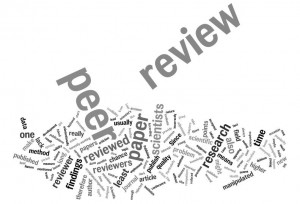

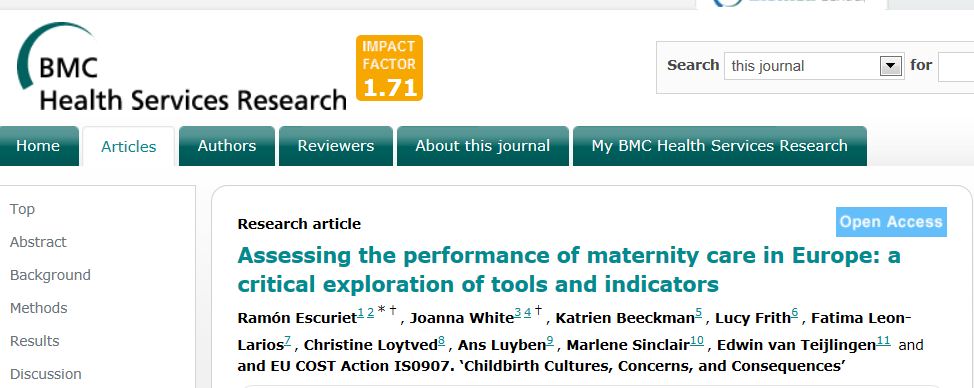
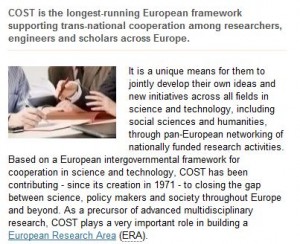
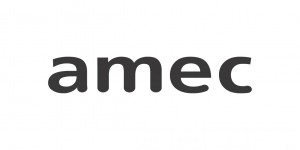
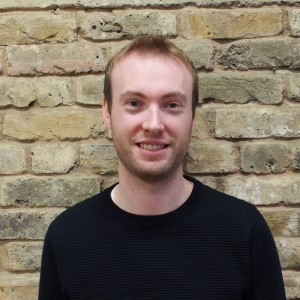



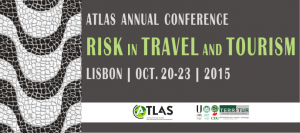
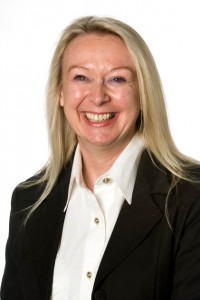

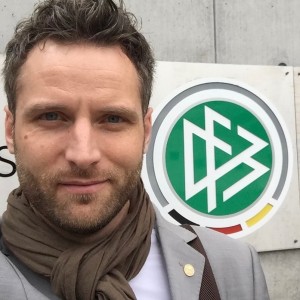












 April’s Café Scientifique – Should we help machines understand and respond to our emotions?
April’s Café Scientifique – Should we help machines understand and respond to our emotions? Postgraduate Research Experience Survey (PRES) 2024 – 2 WEEKS LEFT
Postgraduate Research Experience Survey (PRES) 2024 – 2 WEEKS LEFT Working with The Conversation: online training session – Wednesday 8th May
Working with The Conversation: online training session – Wednesday 8th May Apply for up to £1,000 to deliver an event and take part in a national festival of public engagement with research
Apply for up to £1,000 to deliver an event and take part in a national festival of public engagement with research MSCA Postdoctoral Fellowships 2024
MSCA Postdoctoral Fellowships 2024 Horizon Europe News – December 2023
Horizon Europe News – December 2023